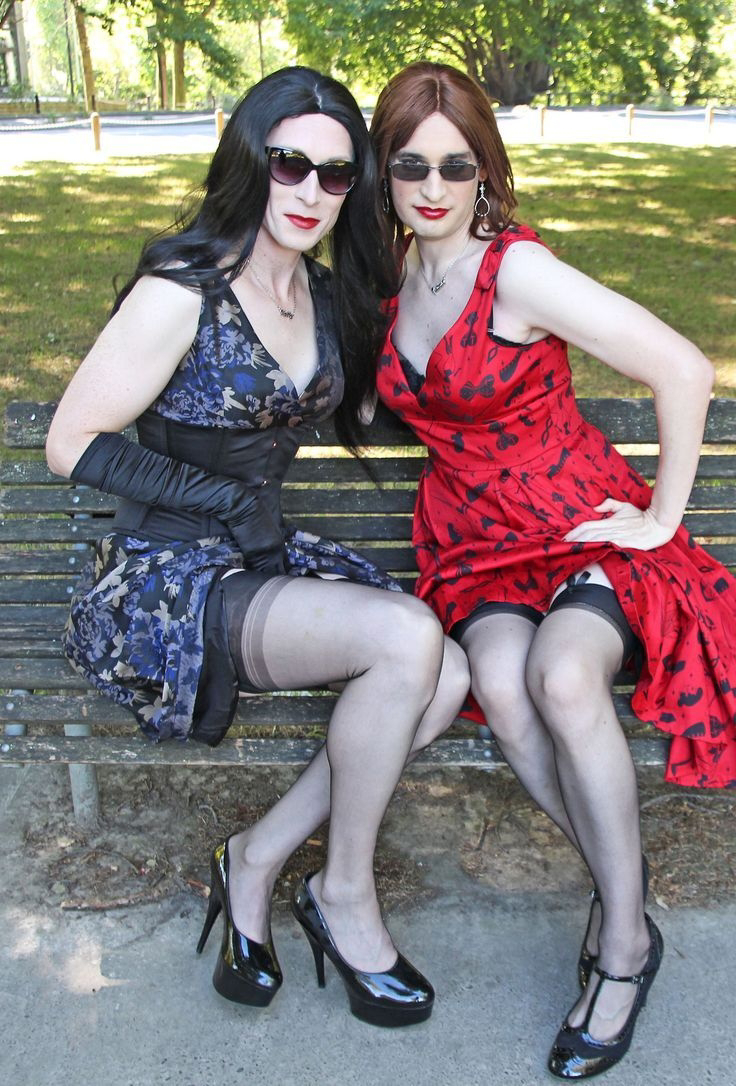Politically, in 1888 or 1889, Bohemia would have been a portion of Austria-Hungary. A large and politically confusing third portion that had recently (1871) failed to achieve a position of equality for their monarchs with the co-ruling and ostensibly equal nations of Austria and Hungary. A king (or other major noble) of Bohemia would not have direct political power, but may have social notoriety, property, or money. Since I've proposed fictionalization for this story, I should note that "Ormstein" may not actually be a member of the bohemian nobility, but lacking other evidence, we must assume that he is notable, noble, and of more social than political power, wherever he's actually from.
Differences between "Bohemian" and Bohemia
La Boheme, the 1896 opera that Rent is inspired by, shows that by the late 1800's "Bohemian" was synonymous with socially unconventional artists and intellectuals, whether they were in Paris or Bohemia itself. Whether that was expressed in political views, art, free love [a concept originated in the 1800's and repolarized during the 1960's], or in the musical Rent, specifically relating to queer people.
Bohemian is also a description that was applied to Oscar Wilde, leading some Sherlockians to posit that it is a tacit acknowledgement that Holmes is not straight. Combined with the opening to Scandal, it is not a stretch, textually. Many people have, allonormatively in my opinion, extrapolated from a lack of love for women that Holmes is gay, my read has always been that this refers to a lack of either romantic love or sexual attraction, or both, and that Holmes is Aroace. Either way, it's an impediment to Baring-Gould's fanon that Holmes and Adler had an affair, especially when one considers how many knots he tied himself into to avoid Watson's dates ever being even slightly inaccurate. Either the text is fallible or it's not, Baring-Gould!
The description of bohemian may also apply to Irene. People who were described as bohemian were often writers, artists, actors, and musicians - like Irene Adler. Her description as an "adventuress" is not simply a feminine form of adventurer, or an adventurous woman, but implies that she's unscrupulous: scheming for wealth or social advancement via her romantic connections to men. Not merely a mistress, which is shameful enough, but one who won't quietly get brushed aside at the conclusion of a relationship, perhaps one who, unlike Ormstein, believes that their relationship should not be dismissed by society as invalid because they're of different classes and not married. Or perhaps one who, contrary to Ormstein's and Holmes' assumptions, is entering into a marriage with more equal footing than most of her peers: she has no fear of her husband finding out about her prior relationship, after all.



